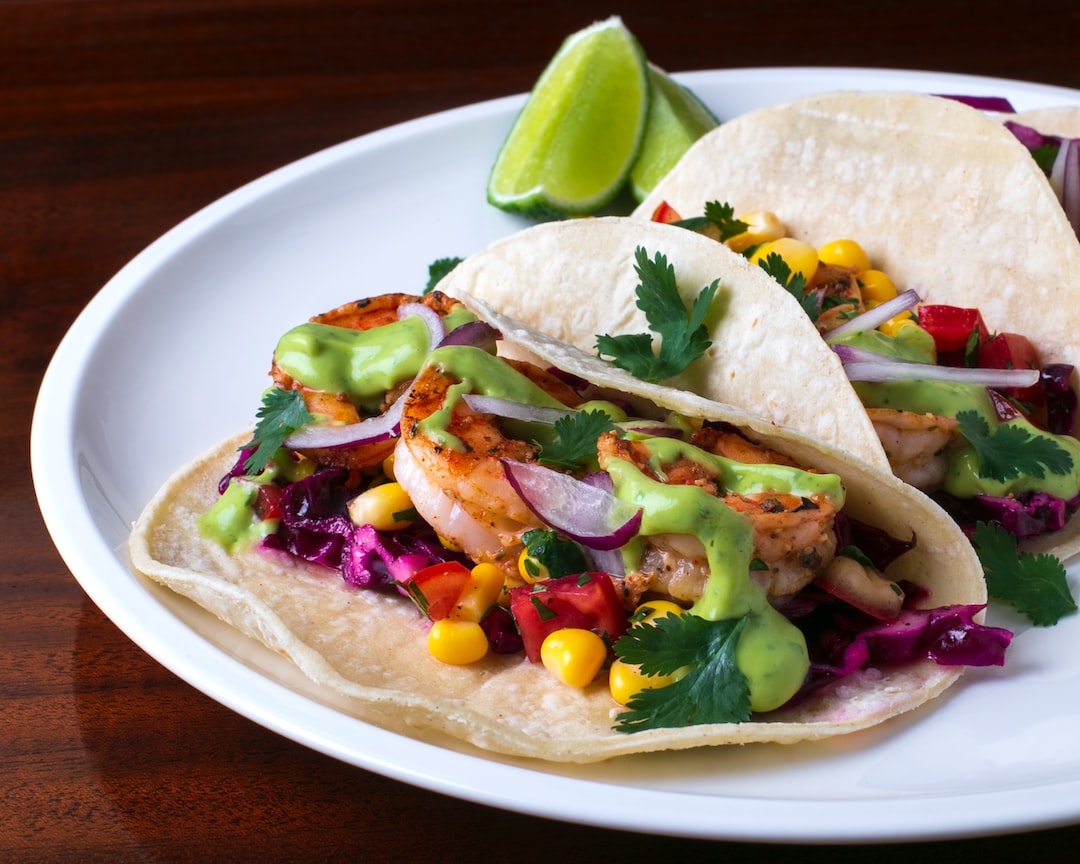Making sustainable food choices: How to reduce food waste and support ethical farming
In a world filled with excess, making sustainable food choices has become more important than ever. Food waste and unethical farming practices contribute to environmental damage, hunger, and food insecurity. By being mindful of our choices and taking steps to reduce food waste and support ethical farming, we can all play a part in creating a more sustainable future.
One of the biggest challenges we face is reducing food waste. According to the Food and Agriculture Organization (FAO), around one-third of food produced globally is wasted. This is not only a waste of resources, but it also contributes to greenhouse gas emissions and deforestation. By making a few simple changes in our daily lives, we can make a significant impact.
Planning meals in advance is a great way to reduce food waste. By creating a grocery list and only buying what we need, we can avoid buying excess food that may end up spoiling. Additionally, storing food properly can extend its shelf life. Utilizing the first-in, first-out rule when organizing our refrigerators and pantries ensures that older items are used before newer ones. This helps prevent food from getting forgotten and eventually being wasted.
Another effective way to reduce food waste is by getting creative with leftovers. Instead of throwing away surplus food from meals, we can repurpose it into new dishes. For example, leftover vegetables can be used to make a delicious stir-fry or tossed into a soup. By embracing this mindset, we not only reduce waste but also save money by minimizing the need to buy additional ingredients.
Supporting ethical farming practices is another essential aspect of sustainable food choices. Many large-scale industrial farms rely on harmful practices such as excessive use of pesticides, overfishing, and deforestation. These practices not only harm the environment but also impact the health and welfare of animals and workers involved.
Choosing to support local, organic, and sustainable farmers helps mitigate these issues. Local farmers often employ more environmentally friendly techniques, such as crop rotation and natural pest management, which reduce the need for harmful pesticides. Additionally, supporting small-scale farmers encourages biodiversity and helps preserve traditional farming methods, which in turn supports rural communities.
When shopping for produce, look for organic certifications or labels indicating sustainable farming practices. This ensures that the food you purchase has been produced with minimal environmental impact. Buying seasonal produce from local farmers also reduces the carbon footprint associated with long-distance transportation and supports local economy.
Taking steps to reduce meat consumption is another impactful way to support ethical farming practices and reduce environmental impact. The meat industry is one of the largest contributors to greenhouse gas emissions, deforestation, and water pollution. By incorporating more plant-based meals into our diet, we can help alleviate these issues.
Opting for one or two meatless days a week can have a significant positive impact on the environment. There are countless delicious and nutritious plant-based recipes available online, making it easier than ever to experiment with new dishes. Additionally, choosing sustainably sourced seafood, such as line-caught fish, supports ethical fishing practices and helps maintain fish populations.
In conclusion, making sustainable food choices is crucial for creating a more environmentally friendly and ethical world. By reducing food waste through meal planning, creative use of leftovers, and proper storage, we can minimize our carbon footprint. Supporting local, organic, and sustainable farmers helps preserve traditional farming methods and promotes healthier ecosystems. Lastly, reducing meat consumption and opting for plant-based meals supports ethical farming practices and helps combat climate change. Through our everyday choices, we can contribute to a more sustainable future for ourselves and generations to come.

